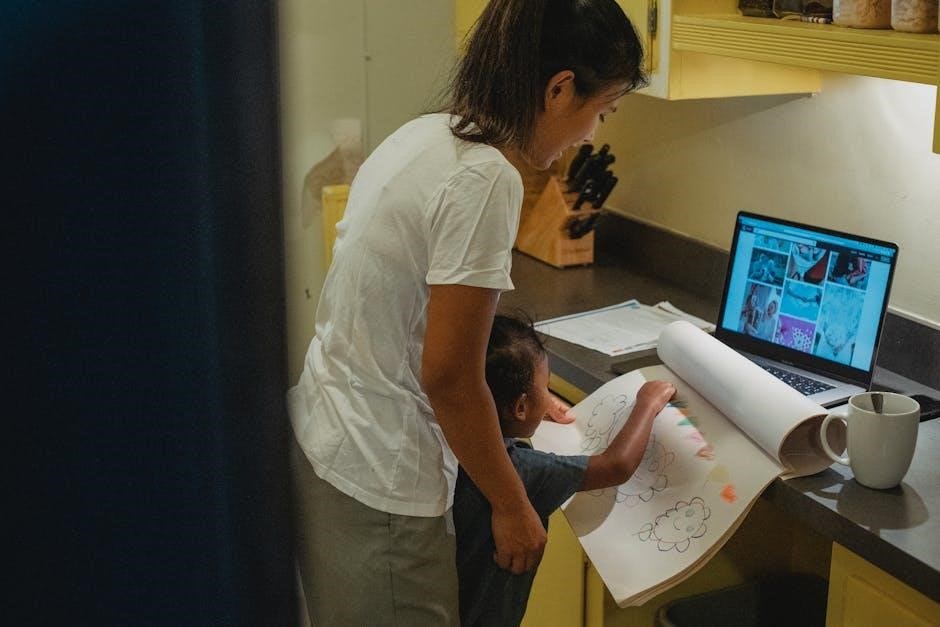Understanding the Impact of Unloving Mothers on Daughters

The Mother Wound and Its Effects
Identifying the Different Types of Unloving Mothers

Healing the Mother Wound
Techniques for Overcoming the Painful Legacy
Various techniques can help daughters overcome the painful legacy of unloving mothers, including therapy, support groups, and self-help strategies.
With the help of a therapist, daughters can work through their emotions and develop coping mechanisms to deal with the trauma they experienced;
Support groups provide a safe space for daughters to share their stories and connect with others who have gone through similar experiences.
Self-help strategies, such as journaling, meditation, and exercise, can also help daughters manage their emotions and develop a more positive self-image.
By using these techniques, daughters can begin to heal and move forward, breaking free from the negative patterns and emotions that have held them back for so long.
The process of overcoming the painful legacy is not easy, but with the right tools and support, daughters can learn to love and accept themselves, and develop healthier relationships with others.
Effective techniques can lead to lasting change and a more fulfilling life, allowing daughters to find happiness and closure.
The journey to healing is unique to each individual, and requires patience, self-compassion, and a willingness to confront the past.
Through this process, daughters can emerge stronger, wiser, and more resilient, with a deeper understanding of themselves and their place in the world.

The Role of Therapy in Healing
Working with a Therapist to Address Mother-Related Issues

Self-Help Strategies for Daughters of Unloving Mothers
Empowering Daughters to Take Control of Their Healing Journey
This involves acknowledging the pain and trauma caused by unloving mothers and taking proactive steps to address these issues.
Daughters can start by setting boundaries and prioritizing self-care, which can include activities like exercise, mindfulness, and creative pursuits.
Additionally, seeking support from trusted friends, family members, or therapists can provide a safe and non-judgmental space to process emotions and work through challenging experiences.
By taking ownership of their healing journey, daughters can begin to break free from the toxic patterns and behaviors that have held them back for so long.
This empowerment can lead to increased confidence, self-awareness, and a deeper understanding of their own needs and desires.
With time and effort, daughters can develop the skills and resilience needed to create a more fulfilling and meaningful life, one that is not defined by the limitations and expectations of their unloving mothers.